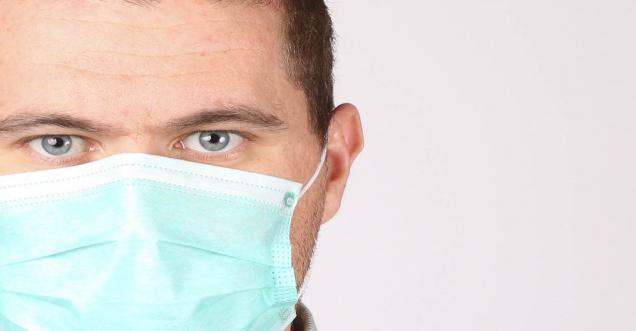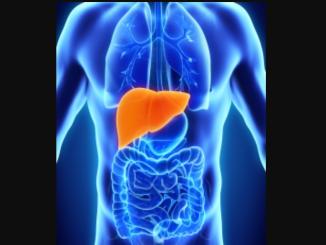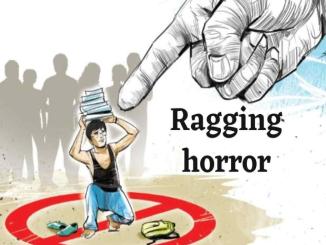
However, people wearing cloth or surgical masks are in little to no danger of breathing in unhealthy amounts of carbon dioxide.
News CLAIM: Social media users are confused over the time of how long people can use a face mask.
However, people wearing cloth or surgical masks are in little to no danger of breathing in unhealthy amounts of carbon dioxide.
WARNING: Prolonged use of facemask produces hypoxia
It is recommended to use it only if you have someone in front or very close, and it is important to remember to lift it every 10 minutes to continue feeling healthy. It is counterproductive for people who serve the public for 8 hours, as they are intoxicating themselves without knowing it.
PSA:
This is Hypercapnia. It can be caused by rebreathing your own exhaled CO2 by wearing a mask CONTINUOUSLY!
TRUTH & Verification: In the present days of the COVID-19 crisis, Face masks have become an essential part of a human's daily wardrobe. It was soon after the lockdown began in January 2020, in most parts of the world, till the present date.
As per the CDC, Wearing a face mask makes the exhaled air go into the eyes. This generates an uncomfortable feeling and an impulse to touch your eyes. If your hands are contaminated, you are infecting yourself.
Face masks make breathing more difficult. For people with COPD, face masks are in fact intolerable to wear as they worsen their breathlessness. Moreover, a fraction of carbon dioxide previously exhaled is inhaled at each respiratory cycle. Those two phenomena increase breathing frequency and deepness, and hence they increase the amount of inhaled and exhaled air. This may worsen the burden of COVID-19 if infected people wearing masks spread more contaminated air. This may also worsen the clinical condition of infected people if the enhanced breathing pushes the viral load down into their lungs.
Breathing in excessive carbon dioxide is dangerous for the body. Some people with preexisting respiratory illnesses may face health issues only with prolonged use of tight-fitting masks, such as respirators.
What are the potential health effects of carbon dioxide?
Inhalation: Low concentrations are not harmful. Higher concentrations can affect respiratory function and cause excitation followed by depression of the central nervous system. A high concentration can displace oxygen in the air. If less oxygen is available to breathe, symptoms such as rapid breathing, rapid heart rate, clumsiness, emotional upsets, and fatigue can result. As less oxygen becomes available, nausea and vomiting, collapse, convulsions, coma, and death can occur. Symptoms occur more quickly with physical effort. Lack of oxygen can cause permanent damage to organs including the brain and heart.
Skin Contact: Not irritating. Direct contact with the liquefied gas can chill or freeze the skin (frostbite). Symptoms of mild frostbite include numbness, prickling, and itching. Symptoms of more severe frostbite include a burning sensation and stiffness. The skin may become waxy white or yellow. Blistering, tissue death and infection may develop in severe cases.
Eye Contact: May cause mild irritation. Direct contact with the liquefied gas can freeze the eye. Permanent eye damage or blindness can result.
Ingestion: Not a relevant route of exposure (gas).
Effects of Long-Term (Chronic) Exposure: Not harmful.
Carcinogenicity: Not known to cause cancer.
Can too much Carbon Dioxide causes hypercapnia
Hypercapnia, or hypercarbia, is when you have too much carbon dioxide (CO2) in your bloodstream. It usually happens as a result of hypoventilation, or not being able to breathe properly and get oxygen into your lungs. When your body isn’t getting enough fresh oxygen or getting rid of CO2, you might need to gasp or suddenly inhale a lot of air to balance your levels of oxygen and CO2.
So it is advisable if you are in contact with multiple people around, maximize the use of face cover and mask, however in a safe distance, take a chance to breathe in the fresh air.



























